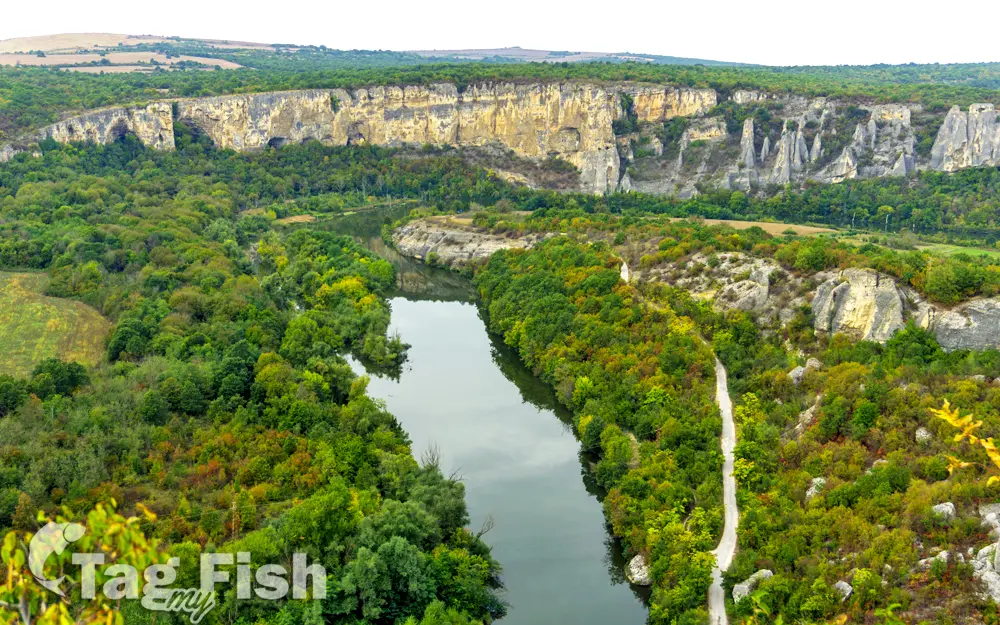Iskar

General data
- Name: Iskar
- Water system: Danube
- Water type: River
- Progression: Danube -> Black sea -> Mediterranean Sea -> Atlantic Ocean -> Planet Earth
- Climates:
- Continents: Europe
- Countries: Bulgaria
The Iskar is a right tributary of the Danube. With a length of 368 km, it is the longest river that runs entirely within Bulgaria. Originating as three forks in Balkans highest mountain range the Rila, it flows in the northern direction until its confluence with the Danube River. As it flows northwards it fuels the largest artificial lake in the country, the Iskar Reservoir, which forms the divide between the Vitosha and Plana Mountains in the west and the Sredna Gora mountain range in the east before entering the Sofia Valley, which contains the nations capital Sofia. From there the Iskar runs through the Balkan Mountains forming the spectacular 84 km long Iskar Gorge and as it crosses the mountains its watercourse turns in north-eastern direction at Lakatnik. North of the Balkan Mountains, the river crosses the Danubian Plain and finally flows into the Danube between the villages of Baykal and Gigen. Geologically, Iskar is the oldest river in the Balkan Peninsula. Its watershed drains 8,617 km2 in the provinces of Sofia, Sofia City, Vratsa, Lovech, and Pleven. The Iskar flows through nine towns and numerous villages. The Iskar river basin is home to more than 50 species of fish, including Cottus haemusi that is endemic to the upper Iskar and Vit drainages. The Iskar has significant economic importance, providing water for the needs of the capital and a number of manufacturing plants. Its waters are also utilized for irrigation and electrical energy generation, while the scenic gorges and rock formations throughout its course provide excellent conditions for recreation. Although the Iskar is not navigable its valley is very important for transportation, especially along the Iskar Gorge, which is one of the only three passes in the Balkan Mountains crossed by a railway.

 English
English
 Spanish
Spanish
 German
German
 French
French
 Serbian
Serbian
 Russian
Russian

